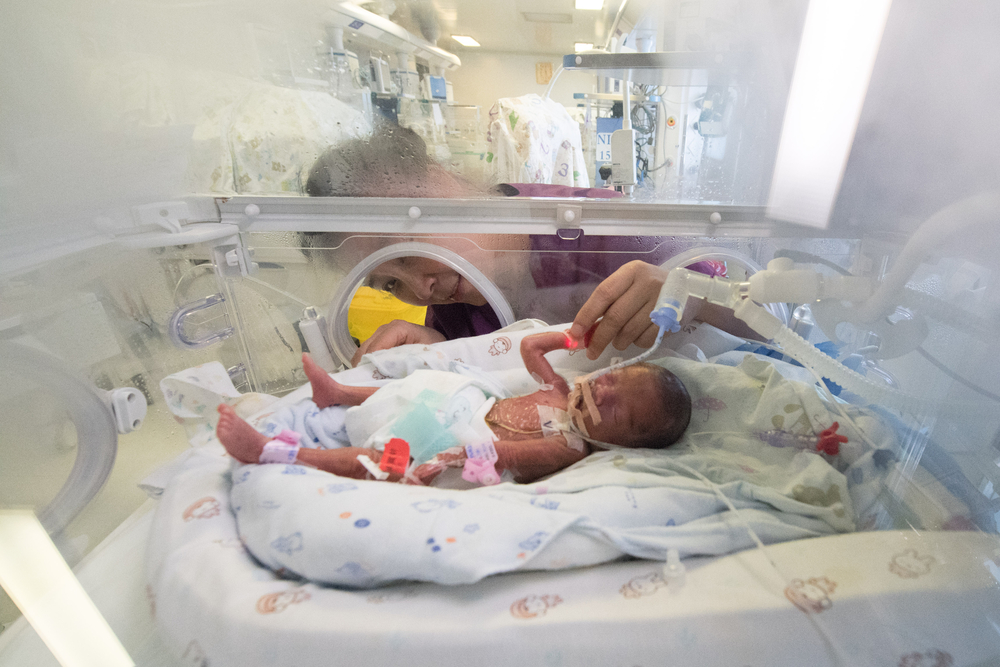Learning to Forget, Extinguishing Fearful Memories – Professor Stephen Maren, Texas A&M University
Original Article Reference
https://doi.org/10.26320/SCIENTIA151
Share Episode
About this episode
We often hear how impairments in learning can have a negative impact on peoples’ lives but what about problems with forgetting? The inability to forget the association between everyday cues and previous traumatic events underlies anxiety-related disorders, such as post-traumatic stress disorder (PTSD). Professor Stephen Maren at Texas A&M university is using cutting-edge techniques to reveal the neural basis of the relapse of traumatic memories.
This work is licensed under a Creative Commons Attribution 4.0 International License. 
What does this mean?
Share: You can copy and redistribute the material in any medium or format
Adapt: You can change, and build upon the material for any purpose, even commercially.
Credit: You must give appropriate credit, provide a link to the license, and indicate if changes were made.
Related episodes
Professor Yaniv Belhassen | What role does tourism have in peacebuilding and reconciliation between Israelis and Palestinians?
Vitamin D has been studied as a treatment for a large number of diseases and conditions, from cancer to autism to COVID-19. However, its mode of action is not completely understood. Professor Ralf Herwig carries out his research at HG Pharma GmbH (Austria) and Ulster University (UK). His vital work explores the role of vitamin D in the body with a view to unlocking its potential as a treatment for a variety of health conditions involving the immune system.
Dr. Rebecca Rose | Adjusting Ventilator Settings Could Improve Outcomes for Premature Infants
Premature birth puts infants at a greater risk of developing various medical conditions, including a chronic lung disease known as bronchopulmonary dysplasia – or BPD for short. Dr. Rebecca Rose, a neonatologist at Indiana University, recently explored how modulating ventilator settings used for very premature newborns can significantly improve their outcomes.
Professor Thea Brown | Unveiling Factors Linked to the Murder of Children by Their Parents
Filicide, the killing of a child by a parent or a parental figure, is a heinous and incomprehensible crime. Professor Thea Brown, with her colleagues Associate Professor Danielle Tyson and Dr Paula Fernandez Arias from the Monash Deakin Filicide Research Hub shared between Monash and Deakin Universities, has been studying filicide for years, in the hope of uncovering common factors linked to filicide that could be included in future prevention initiatives. Her studies identified common social, familial, and personal circumstances that characterised many cases of filicide in Australia over the past decades.
Prof. Alastair Florence | Optimising Pharmaceutical Production Using Digital Models
The development of safe and effective medicines that meet strict regulatory requirements has traditionally involved extensive experimentation, which can be laborious and costly. Incorporating digital processes, which can be used to produce individual pharmaceutical components, may provide a solution to manufacturing challenges by reducing development time, resource requirements, and costs. The Future Continuous Manufacturing and Advanced Crystallisation Hub, a flagship project at CMAC, at the University of Strathclyde, along with collaborators throughout the UK, has investigated the feasibility of using digital models to reduce costs, time and waste for high quality pharmaceutical production.
Increase the impact of your research
• Good science communication encourages everyday people to be scientifically literate so that they can analyse the integrity and legitimacy of information.
• Good science communication encourages people into STEM-related fields of study and employment.
• Good public science communication fosters a community around research that includes both members of the public, policymakers and scientists.
• In a recent survey, 75% of people suggested they would prefer to listen to an interesting story than read it.

Step 1 Upload your science paper
Step 2 SciPod script written
Step 3 Voice audio recorded
Step 4 SciPod published




